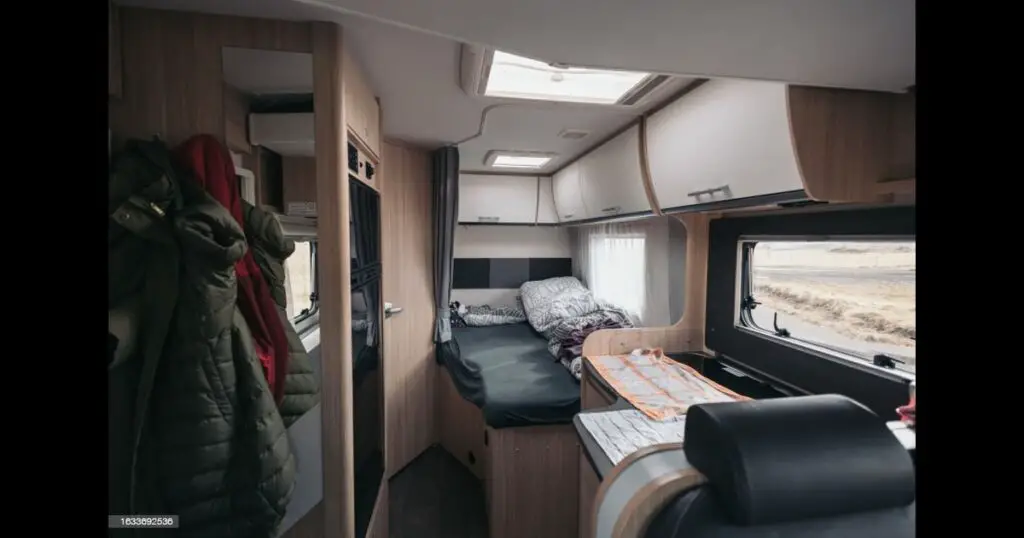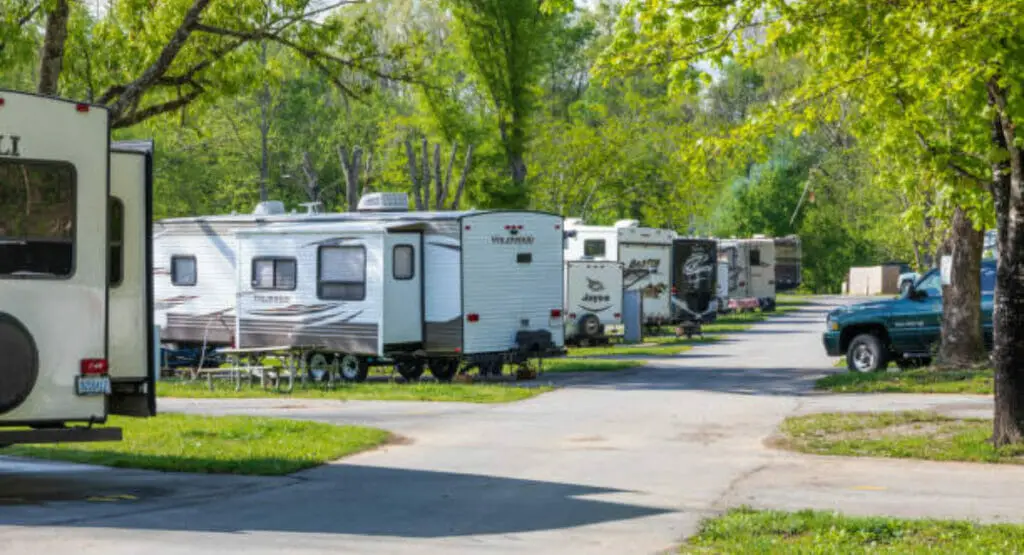While setting out on an RV adventure is exciting, a propane alarm that continuously beeps can quickly turn the experience into a frustrating one. That constant beep is not only inconvenient, but it also signals that there may be a problem with your RV’s propane system. Do not be alarmed; we are here to help you stop your RV propane alarm from beeping and ensure a safe and enjoyable trip ahead.
Understanding the Propane Alarm Beep
Let’s first examine the possible causes of your RV propane alarm beeping before moving on to the solutions. Propane alarms are made to identify the presence of propane gas, which could be dangerous if taken care of right away. When propane levels cross a predetermined threshold, the alarm sounds to warn of a possible leak or buildup.
1. Safety First: Verify the Source
When your propane alarm starts to beep, the first thing you should do is make sure you and your fellow travelers are safe. Make sure that everyone is far enough away from the RV before you evacuate it. The next step is to locate the alarm’s source after you’ve created a safe area. Check the tanks, connections, and propane appliances for any indications of leaks, such as the distinct propane odor or hissing noises.
2. Silence the Alarm Temporarily
You might want to temporarily turn off the beeping while determining what set off the alarm in order to avoid the constant noise. On your propane alarm device, find the “Silence” or “Reset” button. The alarm will typically be temporarily silenced by pressing this button, giving you the opportunity to assess the situation.
3. Ventilation Matters: Let It Breathe
Sometimes false alarms can be set off by poor ventilation. Make sure your RV has enough ventilation, especially if you’re using indoor cooking equipment or appliances that are powered by propane. Allow fresh air to circulate by opening windows and vents. This will help to dissipate any propane fumes that could set off the alarm.
4. Verify the propane levels
There are times when low propane levels in your tank can cause an alarm to sound. Even in the absence of a leak, this is possible. To make sure you have enough propane, check the gauge on your propane tank. To avoid further false alarms, fill up the propane tank at a propane filling station if it is almost empty.
5. The Leak Conundrum
If your investigation reveals a propane leak, handle it carefully and with top priority. A propane leak can be hazardous and needs to be attended to right away. Start by closing the propane supply valve, then let plenty of fresh air into the RV by opening all the windows and doors. Leave the car and establish a secure space. Before using any propane appliances once more, find the leak and have it fixed by a licensed RV mechanic or propane technician.
6. Maintenance as Prevention
When it comes to propane alarms, the proverb “prevention is better than cure” couldn’t be more accurate. The propane system in your RV can be kept running smoothly and prevent unwanted alarms with routine maintenance. Plan to have your propane system inspected and serviced by a professional at least once per year. This proactive measure includes a thorough evaluation of the alarm’s functionality, leak checks, and connection inspections.
7. Embrace the Upgrade
It might be time to upgrade your propane alarm if false alarms are starting to occur frequently. Modern alarms have sophisticated sensors and features that significantly lower the possibility of false alarms while enhancing safety.
Conclusion
Your RV trip doesn’t have to be derailed by a propane alarm that beeps. With the help of this thorough manual, you are now prepared to tackle the problem head-on while keeping safety as your co-pilot. Keep in mind that your best allies are swift action and a safety-first mentality. You can guarantee a smooth, secure, and enjoyable journey throughout your RV adventures by effectively handling propane-related issues.
So, start driving now, assured that you can turn off the alarm‘s beeping noise and carry on creating lifelong memories!
Frequently Asked Questions (FAQs)
Q1: Why is my RV propane alarm beeping?
A: Your RV propane alarm beeps to indicate the presence of propane gas at potentially hazardous levels. This could be due to a leak, poor ventilation, low propane levels, or even a malfunctioning sensor.
Q2: How do I silence the propane alarm temporarily?
A: Most propane alarm units have a “Silence” or “Reset” button. Pressing this button will usually stop the alarm’s sound for a short period, giving you time to assess the situation.
Q3: Can poor ventilation trigger false alarms?
A: Yes, inadequate ventilation can cause false alarms. When using propane-powered appliances indoors, ensure proper ventilation by opening windows and vents to prevent the accumulation of propane fumes.
Q4: What should I do if I suspect a propane leak?
A: If you suspect a propane leak, turn off the propane supply valve, open all windows and doors to ventilate the RV, evacuate the area, and seek professional help immediately.
Q5: How often should I have my propane system inspected?
A: It’s recommended to have your propane system checked and serviced by a professional at least once a year to ensure its proper functioning and to prevent potential issues.
Q6: Can low propane levels trigger the alarm?
A: Yes, low propane levels can trigger the alarm. If the propane tank gauge indicates a low supply, it’s advisable to refill the tank to prevent future alarms due to inadequate propane levels.
Q7: Are modern propane alarms more reliable?
A: Yes, modern propane alarms often come with advanced sensors and features designed to reduce false alarms while enhancing safety and performance.
Q8: What should I do if my propane alarm continues to beep after trying these solutions?
A: If the beeping persists despite your efforts, it’s important to consult a certified RV mechanic or propane technician. Persistent beeping might indicate a more complex issue that requires professional attention.
Q9: Can I install a propane alarm myself?
A: While some propane alarms might be available for DIY installation, it’s recommended to have a professional install the alarm to ensure it’s properly positioned and connected for maximum effectiveness.
Q10: Is it possible to prevent false alarms entirely?
A: While it’s challenging to eliminate false alarms completely, following proper maintenance, and ventilation practices, and using modern propane alarms can significantly reduce the likelihood of false alarms occurring during your RV journeys.



